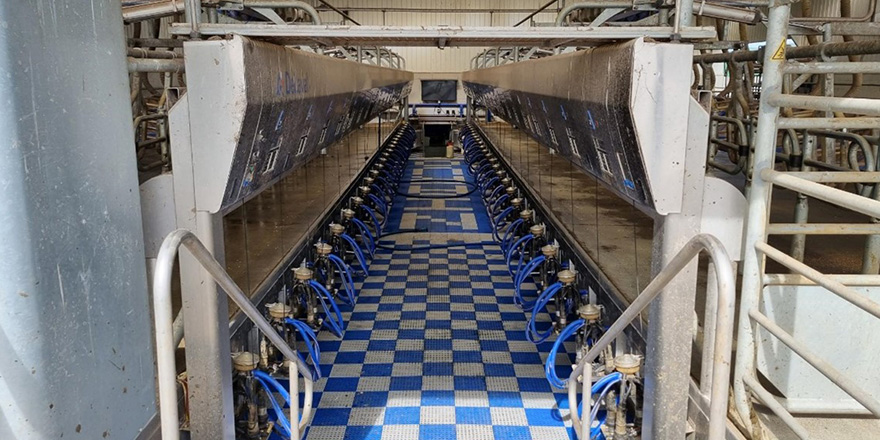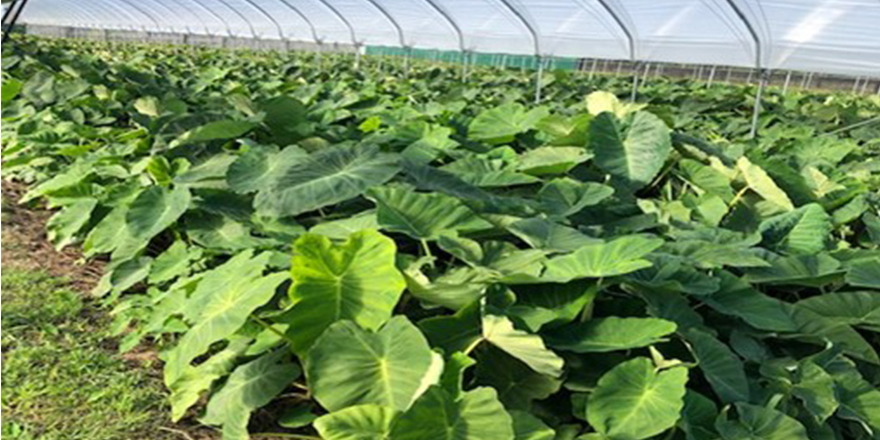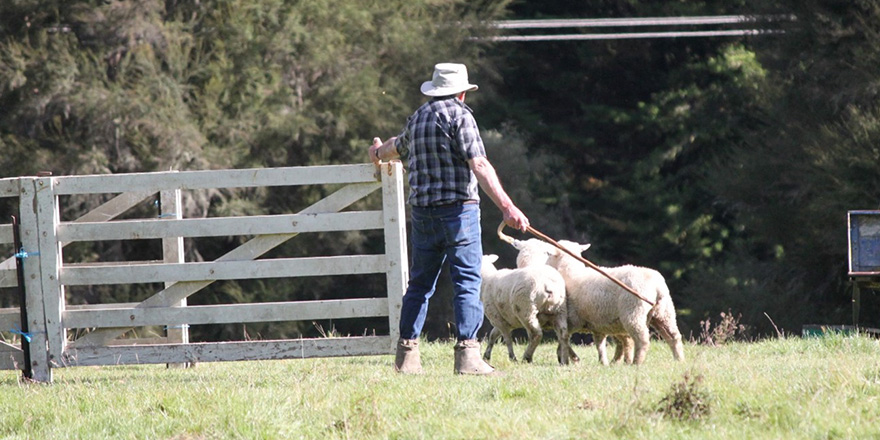
Executive summary
There is significant difficulty faced by dairy farmers and the NZ dairy sector, particularly when attracting and retaining quality employees (Rolfe, 2017). The challenge of retaining talent and passion on NZ dairy farms is familiar for many.
A surveyed 49% of farm assistants on NZ dairy farms leave their employment in less than one year from starting (Federated Farmers & Rabobank, 2022). This is not sustainable for the dairy sector moving forward due to the associated financial burden and wellbeing concerns generated from high turnover on NZ dairy farms.
There is an abundance of literature and findings recognising the “soft skills” and human resources (“HR”) that can be altered to improve job satisfaction and retention in the NZ dairy sector. However, there is limited progress made on reducing overall turnover in the dairy sector over the last 10 years.
There is a gap in the literature, for the NZ dairy sector, among other sectors, considering how aspects of a farm system may influence employee job satisfaction and retention, why this may be the case and how valid solutions can be implemented.
This research is important given the current unsustainable turnover in the NZ dairy sector and the lack of progress seen at sector level in improving turnover statistics over the past decade.
To answer these research questions qualitative data was collected via a review of literature and 13 semi structured interviews. Each interviewee was unique as they either had a different role or set of responsibilities.
They were from different nationalities or backgrounds, had a wide range of farming experiences and were working on very different farm systems to one-another. As a farm systems consultant I have also been able to draw on my experience working with a range of farm businesses to inform the development of research questions as well as associated research and solutions.
A thematic analysis was then conducted between the literature review and the interview findings. Common and contrasting themes were evaluated and conclusions were made from these findings. Some of the findings included:
- Various difficulties within a system build on one another having more of a multiplied, rather than summative, influence on job satisfaction and retention of NZ dairy farm employees.
- Actual tasks required to be completed are not necessarily what influences an employee’s job satisfaction and retention. There may be more effective improvements in job satisfaction and retention on NZ dairy farms if focusing on the internal task efficiencies, performance factors related to these tasks and ensuring the purpose of tasks are well understood by employees to then be able to include them in successive decision making.
- Understanding an individual’s strengths and passions before employing, or at the early stage of employment, will guide specific responsibilities best to provide this individual to improve their job satisfaction and chance of staying within the farm team.
Recommendations were then formed from these conclusions for individual farmers and the NZ dairy sector and are as follows:
For Farmers:
- Consider examining each part of your specific farm system with all team members separately to gain understanding of the potential.
- Investigate job preferences of your farm team members and specifically any solutions they may have to the difficulties found within the system.
- Examine each individual’s strengths and passions before employing to guide their most suitable responsibilities and improve their job satisfaction and retention in your farm team.
- Commit to explaining the purpose (the “why”) of all aspects of the farm system and policies implemented on farm to employees to improve their engagement and satisfaction in the business and improve the chance of retaining them in your business.
- Complete and understand your specific farm’s total investment return and cash flow implications of any proposed change in your farm system.
For the NZ dairy sector:
- Showcase the “top performing farmers” as case studies online to inform the rest of the sector what system adjustments have helped, how they have been implemented and how they are continuously managed to improve staff satisfaction and retention.
- Commit to investigating more independent farm case studies to uncover further solutions and connections between farm systems and employee retention.
- Investigate the investment return and other benefits of various technologies discussed in this research along with other technologies or procedures available.
- Develop further farmer decision-support tools to be created to evaluate the economics of adopting new technologies on farms and allow for comparison with other technologies.




